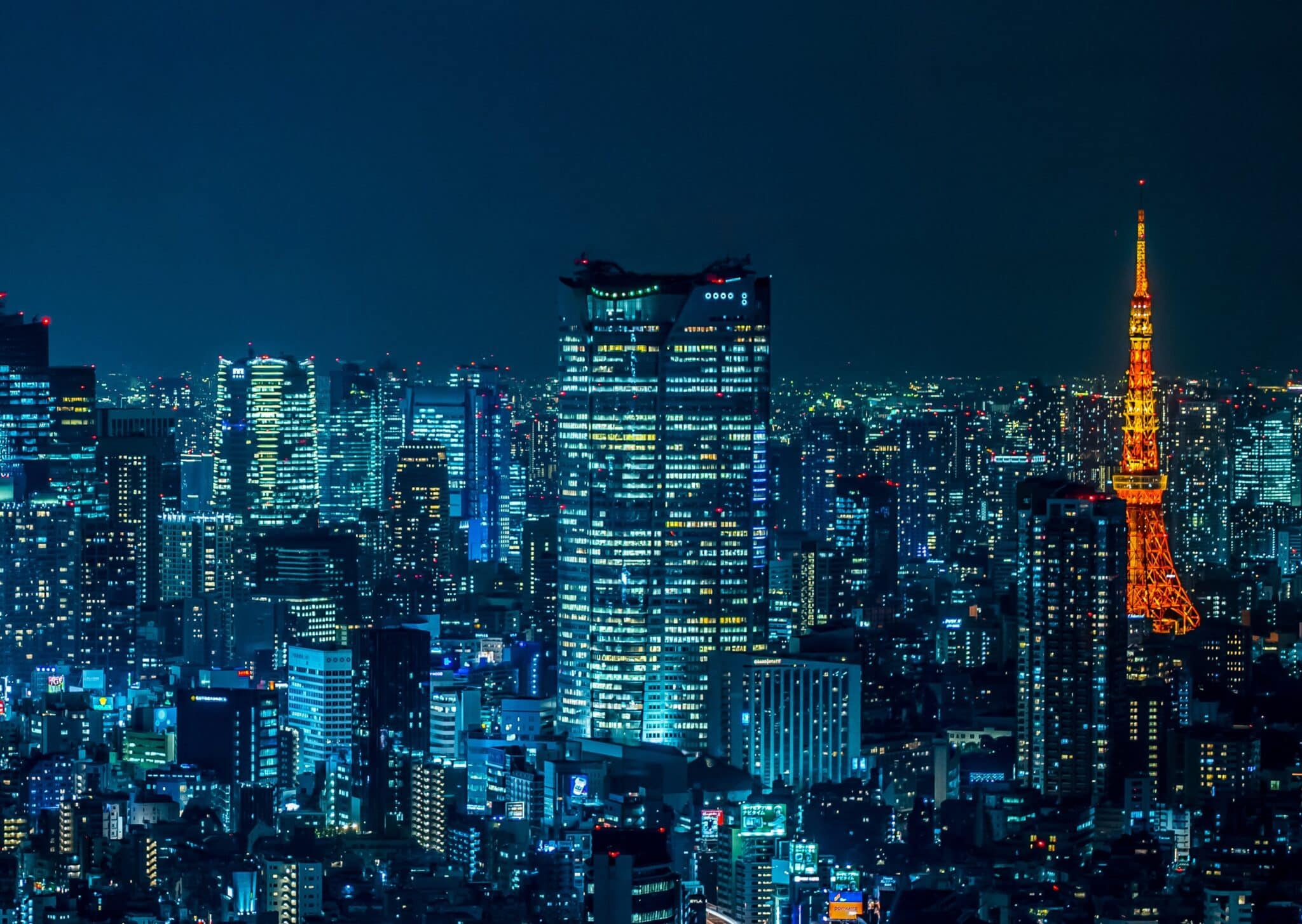Infra
NVIDIA to Help Elevate Japan’s Sovereign AI Efforts Through Generative AI Infrastructure Build-Out

Following an announcement by Japan’s Ministry of Economy, Trade and Industry, NVIDIA will play a central role in developing the nation’s generative AI infrastructure as Japan seeks to capitalize on the technology’s economic potential and further develop its workforce.
NVIDIA is collaborating with key digital infrastructure providers, including GMO Internet Group, Highreso, KDDI Corporation, RUTILEA, SAKURA internet Inc. and SoftBank Corp., which the ministry has certified to spearhead the development of cloud infrastructure crucial for AI applications.
Over the last two months, the ministry announced plans to allocate $740 million, approximately ¥114.6 billion, to assist six local firms in this initiative. Following on from last year, this is a significant effort by the Japanese government to subsidize AI computing resources, by expanding the number of companies involved.
With this move, Japan becomes the latest nation to embrace the concept of sovereign AI, aiming to fortify its local startups, enterprises and research efforts with advanced AI technologies.
Across the globe, nations are building up domestic computing capacity through various models. Some procure and operate sovereign AI clouds with state-owned telecommunications providers or utilities. Others are sponsoring local cloud partners to provide a shared AI computing platform for public and private sector use.
Japan’s initiative follows NVIDIA founder and CEO Jensen Huang’s visit last year, where he met with political and business leaders — including Japanese Prime Minister Fumio Kishida — to discuss the future of AI.
During his trip, Huang emphasized that “AI factories” — next-generation data centers designed to handle the most computationally intensive AI tasks — are crucial for turning vast amounts of data into intelligence. “The AI factory will become the bedrock of modern economies across the world,” Huang said during a meeting with the Japanese press in December.
The Japanese government plans to subsidize a significant portion of the costs for building AI supercomputers, which will facilitate AI adoption, enhance workforce skills, support Japanese language model development and bolster resilience against natural disasters and climate change.
Under the country’s Economic Security Promotion Act, the ministry aims to secure a stable supply of local cloud services, reducing the time and cost of developing next-generation AI technologies.
Japan’s technology powerhouses are already moving fast to embrace AI. Last week, SoftBank Corp. announced that it will invest ¥150 billion, approximately $960 million, for its plan to expand the infrastructure needed to develop Japan’s top-class AI, including purchases of NVIDIA accelerated computing.
The news follows Huang’s meetings with leaders in Canada, France, India, Japan, Malaysia, Singapore and Vietnam over the past year, as countries seek to supercharge their regional economies and embrace challenges such as climate change with AI.










